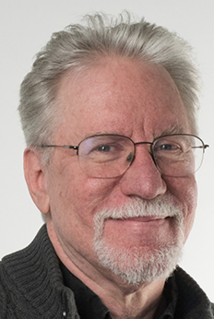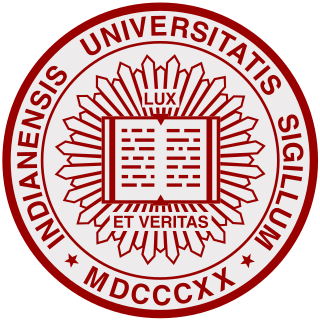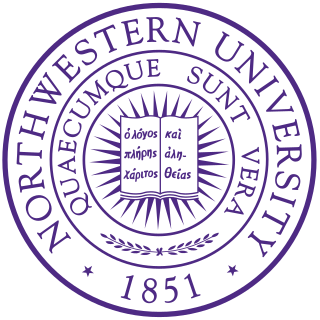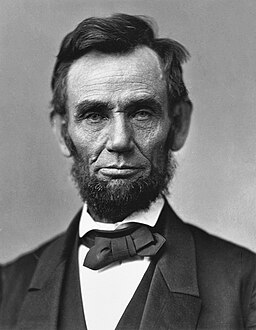
Kairos is an Ancient Greek word meaning the right, critical, or opportune moment. The ancient Greeks had two words for time: chronos (χρόνος) and kairos. The former refers to chronological or sequential time, while the latter signifies a proper or opportune time for action. While chronos is quantitative, kairos has a qualitative, permanent nature. Kairos also means weather in Modern Greek. The plural, καιροί means the times. Kairos is a term, idea, and practice that has been applied in several fields including classical rhetoric, modern rhetoric, digital media, Christian theology, and science.
Rhetorical criticism analyzes the symbolic artifacts of discourse—the words, phrases, images, gestures, performances, texts, films, etc. that people use to communicate. Rhetorical analysis shows how the artifacts work, how well they work, and how the artifacts, as discourse, inform and instruct, entertain and arouse, and convince and persuade the audience; as such, discourse includes the possibility of morally improving the reader, the viewer, and the listener. Rhetorical criticism studies and analyzes the purpose of the words, sights, and sounds that are the symbolic artifacts used for communications among people.
Pathos appeals to the emotions of the audience and elicits feelings that already reside in them. Pathos is a communication technique used most often in rhetoric, as well as in literature, film, and other narrative art.
Inventio, one of the five canons of rhetoric, is the method used for the discovery of arguments in Western rhetoric and comes from the Latin word, meaning "invention" or "discovery". Inventio is the central, indispensable canon of rhetoric, and traditionally means a systematic search for arguments.

Aristotle's Rhetoric is an ancient Greek treatise on the art of persuasion, dating from the 4th century BC. The English title varies: typically it is titled Rhetoric, the Art of Rhetoric, On Rhetoric, or a Treatise on Rhetoric.
Chaïm Perelman was a Polish-born philosopher of law, who studied, taught, and lived most of his life in Brussels. He was among the most important argumentation theorists of the twentieth century. His chief work is the Traité de l'argumentation – la nouvelle rhétorique (1958), with Lucie Olbrechts-Tyteca, translated into English as The New Rhetoric: A Treatise on Argumentation, by John Wilkinson and Purcell Weaver (1969).
Rhetoric of science is a body of scholarly literature exploring the notion that the practice of science is a rhetorical activity. It emerged following a number of similarly-oriented disciplines during the late 20th century, including the disciplines of sociology of scientific knowledge, history of science, and philosophy of science, but it is practiced most fully by rhetoricians in departments of English, speech, and communication.
Genre criticism, a method within rhetorical criticism, analyzes texts in terms of their genre: the set of generic expectations, conventions, and constraints that guide their production and interpretation. In rhetoric, the theory of genre provides a means to classify and compare artifacts in terms of their formal, substantive and contextual features. By grouping artifacts with others which have similar formal features or rhetorical exigencies, rhetorical critics can shed light on how authors use or flout conventions for their own purposes. Genre criticism has thus become one of the main methodologies within rhetorical criticism.
Neo-Aristotelianism is a view of literature and rhetorical criticism propagated by the Chicago School — Ronald S. Crane, Elder Olson, Richard McKeon, Wayne Booth, and others — which means.
"A view of literature and criticism which takes a pluralistic attitude toward the history of literature and seeks to view literary works and critical theories intrinsically"

Richard Eugene Vatz is a professor of Rhetoric and Communication at Towson University.
David Zarefsky is an American communication scholar with research specialties in rhetorical history and criticism. He is professor emeritus at Northwestern University. He is a past president of the National Communication Association (USA) and the Rhetoric Society of America. Among his publications are six books and over 70 scholarly articles concerned with American public discourse, argumentation, rhetorical criticism, and public speaking are books on the Lincoln-Douglas debates and on the rhetoric of the war on poverty during the Johnson administration. His lectures on argumentation and rhetoric can be heard in a course for The Teaching Company.
Dr. Roger D. Duke is an author, theologian, educator, itinerant preacher, published scholar, and professor at several institutions of higher learning including: Union University, Baptist College of Health Sciences, Liberty University, Memphis Theological Seminary, and Columbia Evangelical Seminary. Professor Duke also serves as a Consulting Editor for B & H Academic Studies in Baptist Life and Thought series. He retired early in August 2016 to pursue his goal as an itinerant career speaking and writing. To help him fulfill this desire, he formed the Duke Consulting Group.
Orator was written by Marcus Tullius Cicero in the latter part of the year 46 B.C. It is his last work on rhetoric, three years before his death. Describing rhetoric, Cicero addresses previous comments on the five canons of rhetoric: Inventio, Dispositio, Elocutio, Memoria, and Pronuntiatio. In this text, Cicero attempts to describe the perfect orator, in response to Marcus Junius Brutus’ request. Orator is the continuation of a debate between Brutus and Cicero, which originated in his text Brutus, written earlier in the same year.
Edwin Benjamin Black was one of the leading scholars of rhetorical criticism. He criticized "Neo-Aristotelianism" for its lacking a larger historical, social, political, and cultural understanding of the text and for its concentrating only on certain limited methods and aspects, such as the Aristotelian modes of rhetoric: ethos, pathos, and logos. He urged critics to analyze both the motives and goals within situated cultural norms and ideologies.
Harold G. Barrett is an American Emeritus Professor of Speech Communication at California State University. He is also a writer rhetorician on the subject of ethics and civility in communication.

Anthony Edward Schiappa, Jr. is an American scholar of communication and rhetoric, currently Professor and Head of Comparative Media Studies/Writing at the Massachusetts Institute of Technology, where he holds the John E. Burchard Chair of Humanities. Previously, he spent seventeen years in the Communication Studies Department at the University of Minnesota, the last seven of which he served as Chair. He is the author of eight books and numerous articles that have appeared in classics, communication, English/Composition, philosophy, and psychology journals.
John Poulakos has worked in the field of rhetoric as a professor and author, contributing to the study of classical rhetoric.
Herbert Wichelns was an American rhetorician.
Feminist rhetoric is seen as the act of producing or the study of feminist discourses. According to Jacqueline Jones Royster, it is a fairly new field that works to bring the narrative of all demographics of women into the pedagogy of rhetoric. Scholars of feminist rhetoric seek to bring women and their stories into the history of rhetoric; combine issues in feminist and rhetoric theory; and produce rhetorical criticism from feminist perspectives, with the ultimate goal of elevating historically marginalized voices.










